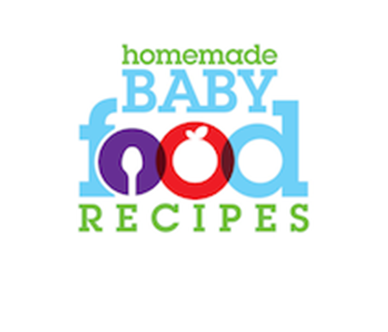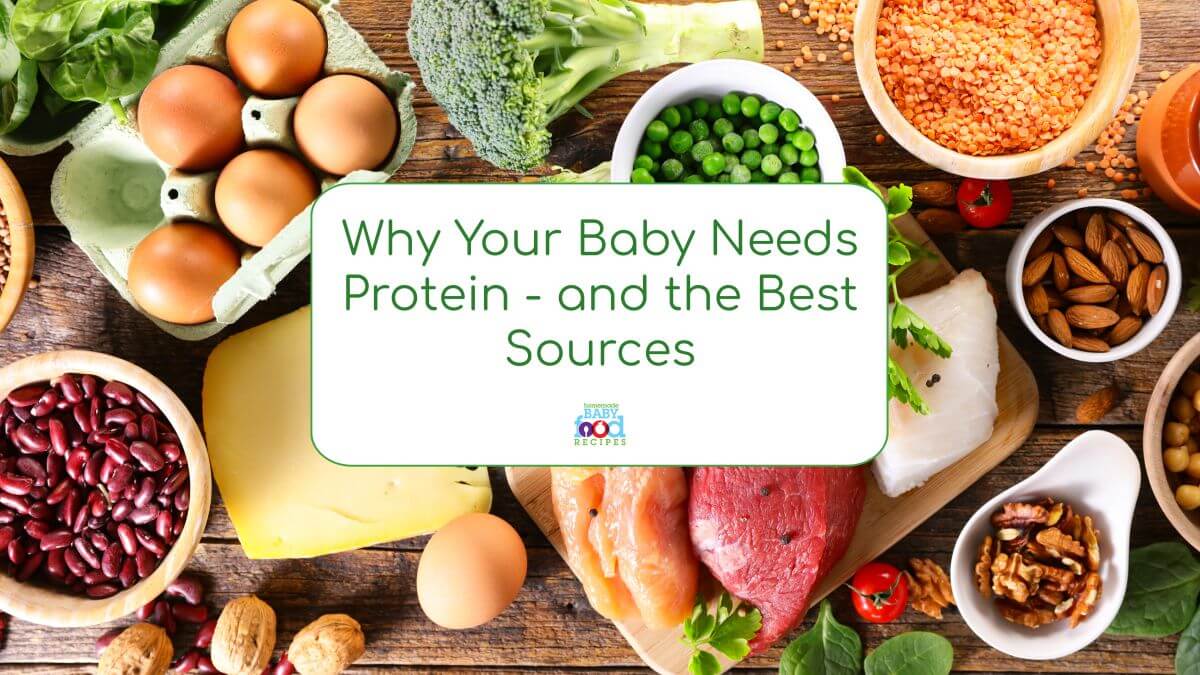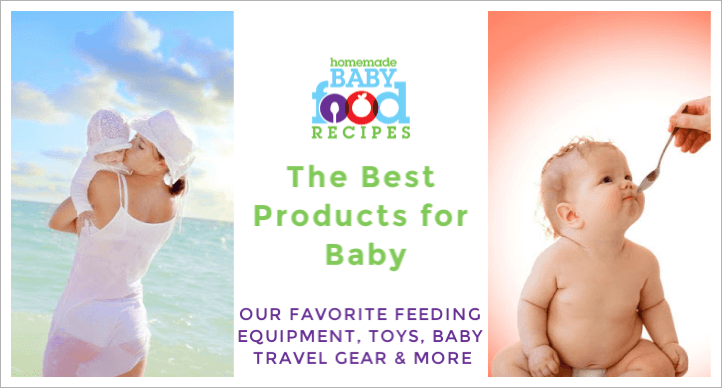Protein and Your Baby’s Diet
Updated June 12, 2023
Protein plays a very important part in your baby’s growth and development – so let’s take a closer look at this valuable nutrient and tell you more about the best sources of protein for your little one.
What exactly IS protein – and how is it used by the body?
The easiest way to describe protein is as a ‘chain’ of amino acids that are linked together.
The human body needs 22 amino acids, but is only able to make 13 of them.
The other nine must come from food and are known as ‘Essential Amino Acids’.
When your baby eats food containing protein, it is digested in his stomach and absorbed by the gastrointestinal tract.
The amino acids into which it is broken down are then used in a multitude of functions throughout his body – in skin, hair, bone, muscle and just about every tissue – and the body also uses protein to produce hemoglobin that carries oxygen in his blood.
How much protein does my baby need?
Infancy is, of course, a time of rapid growth and development – so it is important to ensure that your little one receives enough protein to support this growth.
However…
Protein deficiency in the developed world is very rare and a sensible, balanced diet provides all the protein that the human body requires.
The fact is that most people consume more protein than their bodies actually need!
It is important to remember that your baby’s primary source of nutrition throughout his first year is breast milk or formula – from which he will receive protein.
Once solid foods are introduced – and your baby’s consumption of breast milk / formula begins to decrease – then you should slowly begin to offer him a balanced diet containing legumes, cereal, vegetables, eggs, dairy etc which will provide plenty of protein.
You should not, however, give your baby a high-protein diet unless specifically advised to do so by a medical professional.
The reason for this is that the human body does not store excess protein. Instead, the body breaks it down, producing by-products that must be eliminated via the urine.
This process puts a great deal of strain on your baby’s immature kidneys.
This is why it is best to serve high protein foods (like meat) in combination with other foods, rather than serving larger quantities alone.
Remember – because your baby’s body does not store protein, a little is needed every day.
That’s why it is preferable to offer small amount of foods containing protein on a daily basis, rather than offering large amounts all at once.
As a basic guide…
If your baby’s growth rate is normal (which your pediatrician will confirm using growth charts), then he is generally receiving adequate amounts of protein.
What are complete and incomplete proteins?
Complete proteins (also known as whole proteins) contain all nine of the ‘Essential Amino Acids’ that we mentioned earlier in this article.
Incomplete proteins contain some – but not all – of these Essential Amino Acids. As you’ll see from the protein sources listed below, most animal sources of protein are complete.
Whilst certain plant sources of food contain complete proteins, most do not.
So does this mean that babies following a vegetarian diet are at risk of protein deficiency?
No – because it’s possible for baby to receive all the amino acids he needs from a variety of sources of incomplete proteins.
In other words, the amino acids lacking in one food will be compensated by those present in another.
Combining two or more sources of incomplete proteins will make up a complete protein, providing baby with all the amino acids he needs.
Experts used to believe that – in order to effectively combine various incomplete proteins to provide the full component of Essential Amino Acids – those following a vegetarian diet should eat a variety of plant sources at one meal.
But recommendations have changed and research has shown that this is no longer necessary.
Instead, medical professionals now advise that vegetarians can receive complete proteins by consuming a variety of plant foods within a period of 24 hours (visit Position of the American Dietetic Association and Dietitians of Canada: Vegetarian diets for more information).
Sources of protein – foods for baby
The following are all sources of complete protein. Please note that not all of these foods will be suitable for your baby at all stages during his first year.
- meat (particularly beef)
- poultry
- quinoa
- soy
- eggs
- dairy products (milk, cheese, cottage cheese, yogurt)
- buckwheat
- amaranth
- spirulina
- fish
- legumes
Other sources of protein which need to be combined in order to provide the full complement of amino acids are
- lentils
- beans (try our black beans baby food recipes)
- chickpeas
- dried peas
- barley
- bulgur
- oats
- cornmeal
- rice
- rye
- wheat
- pasta
When appropriate, nuts and seeds may also be added to this list.
Meal ideas for combining incomplete proteins for your baby…
- rice and beans
- stir fried tofu and veggies with pasta
- chickpea soup with whole wheat bread
- mashed beans served with whole wheat tortilla or pita
Try our complete protein baby food recipe: Black Bean and Brown Rice Dinner
Another food containing complete protein is hummus.
You can also combine incomplete proteins with dairy products…
- yogurt with wheat germ
- avocado mashed with cooked egg yolk served on whole wheat toast
- warm beans and rice topped with grated cheese
- oatmeal cooked with milk
- macaroni and cheese
Don’t proteins cause food allergies?
It’s true that it’s often the protein in certain foods that trigger allergic reactions (for example, the protein in milk is known as casein and may lead to an allergic response in a sensitive child).
But every protein has a slightly different structure – that’s why people are generally only allergic to the protein in one food in particular.
When Might a Baby Require Extra Protein?
High protein diets are usually required for babies who…
- are using extra calories due to an infection or an illness
- suffer from malabsorption
- have heart or lung problems
- have undergone surgery
In any of these situations, the best person to advise you about your baby’s increased protein requirements is your child’s doctor.
Source:
Cleveland Clinic - What are Complete Proteins?
More great tips for feeding your baby…
The best calcium sources for your baby


